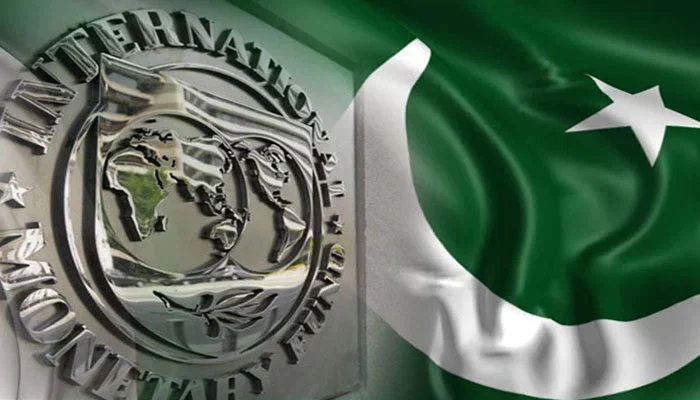The International Monetary Fund (IMF) has urged Pakistan to implement regular increases in gas prices every six months starting from June.
Government documents reveal that Pakistan has committed to timely adjustments in electricity and gas tariffs as part of its agreement with the IMF.
A comprehensive plan aimed at achieving full cost recovery from consumers has been formulated to tackle the significant circular debt issue in the gas sector, which amounted to Rs2,083 billion as of January.
Moreover, the government has pledged to undertake reforms to either reduce the circular debt or maintain its levels in the fiscal year 2024-25. The circular debt in the power sector remains high, standing at over Rs2,600 billion.
The IMF has requested measures to combat electricity theft, enhance the transmission system, and issue notifications for annual tariff rebasing in the upcoming fiscal year. Additional demands include revising power purchase agreements and reforming subsidies for agricultural tube wells.
To address these challenges, the IMF has set a target to reduce the circular debt in the power sector to Rs2,300 billion by June. In response to the IMF’s call for a standardized gas price for cost recovery, the government has assured steps to ensure uniformity across regions and industries. Discrepancies in gas prices among sectors will be minimized to improve operational efficiency.
Furthermore, the IMF advocates for all fertilizer companies to charge the full price of gas, emphasizing transparency and accountability in energy pricing. The government has committed to reducing variations in gas prices across regions and industries while prioritizing the protection of vulnerable households from tariff adjustments.
Measures will be implemented to shield low-income families from the impact of revisions in electricity and gas tariffs while advancing broader reforms to address the circular debt crisis and enhance energy sector sustainability.


